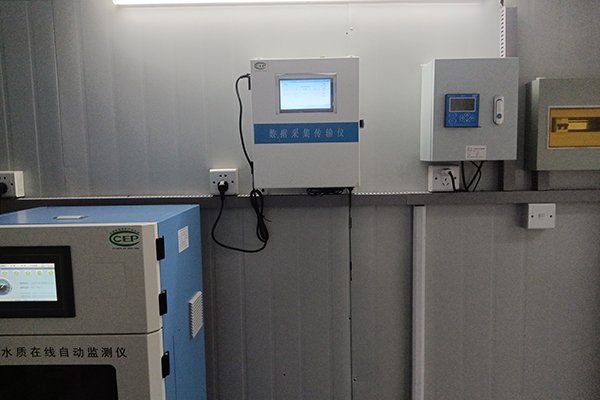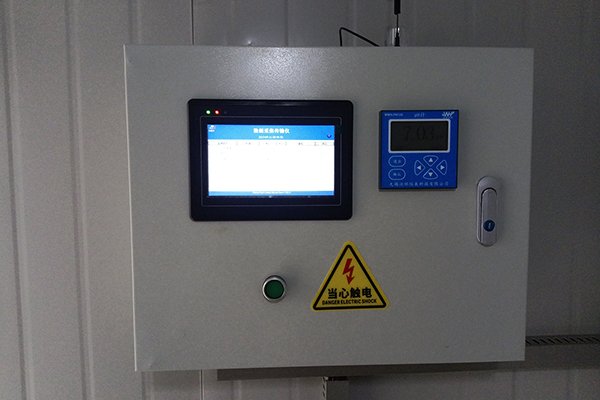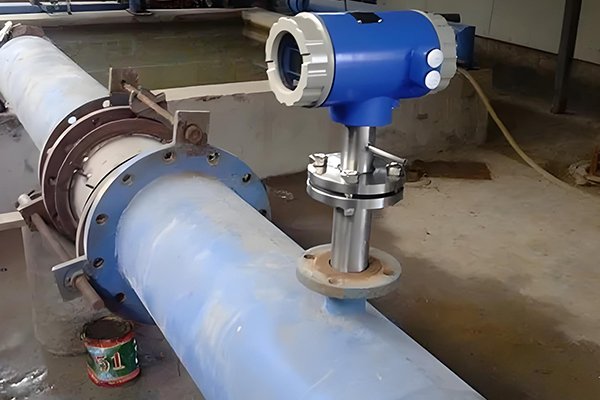Why Choose a Residual Chlorine Analyzer
With the improvement of people’s living standards, the demand for safe drinking water is also increasing. A large water plant in Jiangsu, the main source of urban water supply, has been committed to improving the accuracy and efficiency of water quality monitoring. Recently, it introduced an advanced chlorine residual analyzer to ensure the safety of water supply.

How to Install and Use the Residual Chlorine Analyzer
Equipment Selection
After extensive research and comparison, the water plant chose the product from Wohuan Technology. This instrument boasts high precision, stability, and ease of operation, meeting the strict requirements of water quality monitoring in the plant.
Installation and Commissioning
Upon the arrival of the equipment, the manufacturer provided on-site installation and commissioning guidance to ensure the analyzer can function properly and accurately measure the chlorine residual content in water.
Setting up Monitoring Points
Based on the production process and technological characteristics of the water plant, technicians set up monitoring points at key locations, including the raw water inlet, sedimentation tank outlet, filter tank outlet, and clean water tank outlet, to ensure comprehensive monitoring of water quality.
Data Recording and Analysis
The chlorine residual analyzer can record and transmit monitoring data in real-time. The water plant has established a comprehensive data management system to analyze and process the monitoring data in real-time. Through data analysis, the plant can identify water quality issues and take corresponding measures promptly.

Effects of Using the Residual Chlorine Analyzer
Improved Accuracy of Water Quality Monitoring
The analyzer can accurately measure the chlorine residual content in water, eliminating errors and uncertainties in traditional monitoring methods. This allows the water plant to grasp the water quality status more precisely and ensure the safety of water supply.
Enhanced Efficiency of Water Quality Monitoring
With its automation and intelligence, the analyzer can monitor and record data in real-time, reducing the workload of staff and improving monitoring efficiency. The plant can identify and address water quality issues more quickly.
Guaranteed Safety of Water Supply
Through real-time monitoring and data analysis, the water plant can detect and address water quality issues promptly, effectively preventing the spread of pathogenic microorganisms and the occurrence of diseases. It also enables the plant to adjust the dosage of disinfectants based on monitoring data, improving disinfection efficiency and reducing operating costs.
Further Residual Chlorine Analyzer
This case demonstrates that the introduction of advanced water quality monitoring equipment has improved the accuracy and efficiency of monitoring and ensured the safety of water supply in the large water plant. It provides valuable insights and references for other water plants. With the continuous development of technology, more advanced monitoring equipment and technologies will be applied to the field of water quality monitoring, further enhancing the health and quality of life for people.
Water quality analysis series products:




